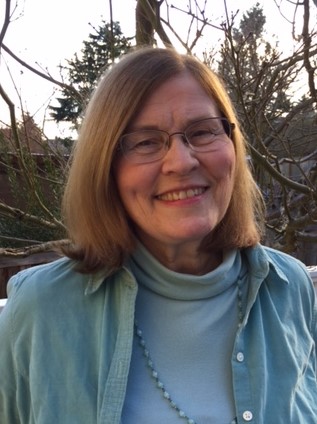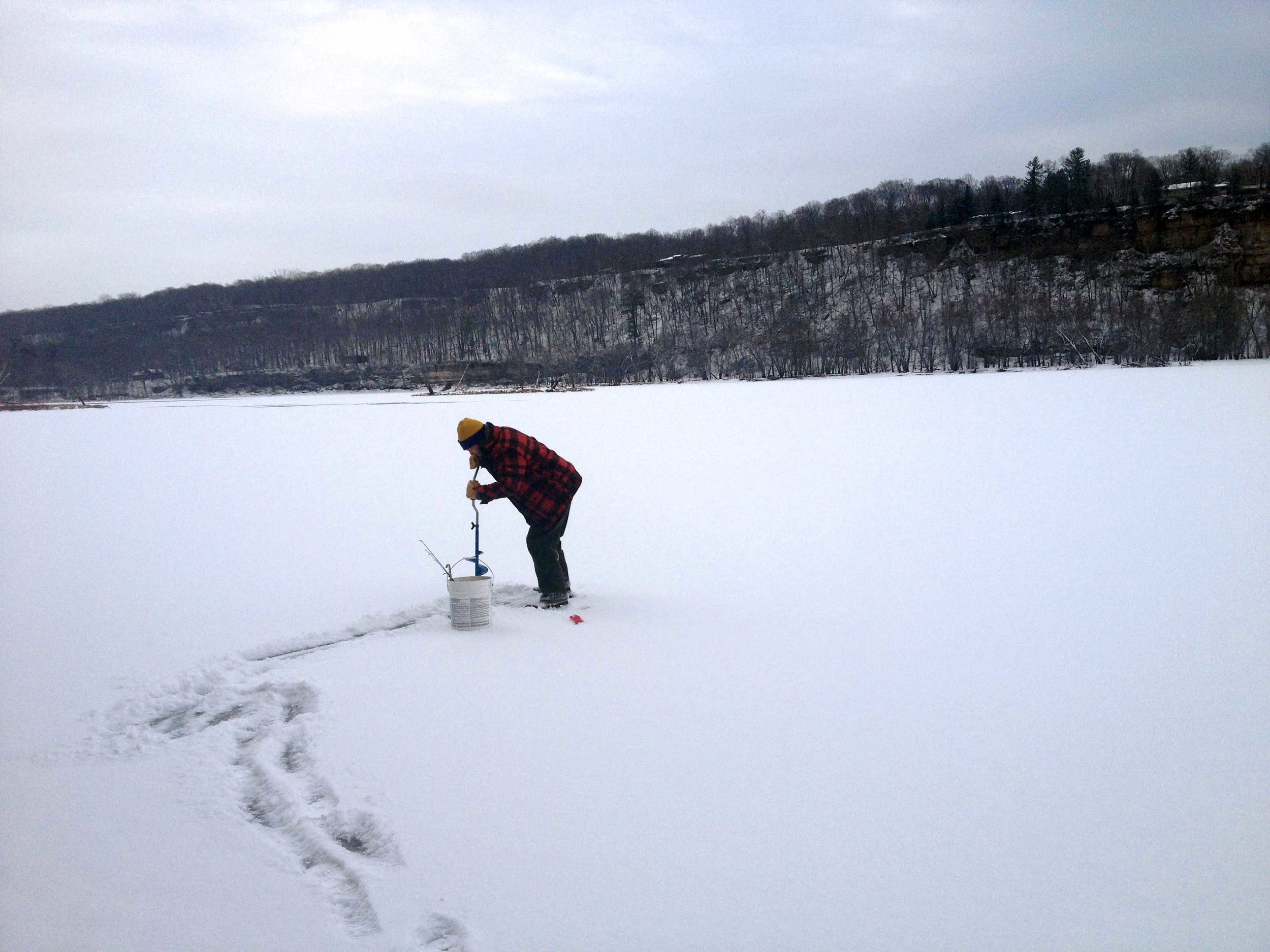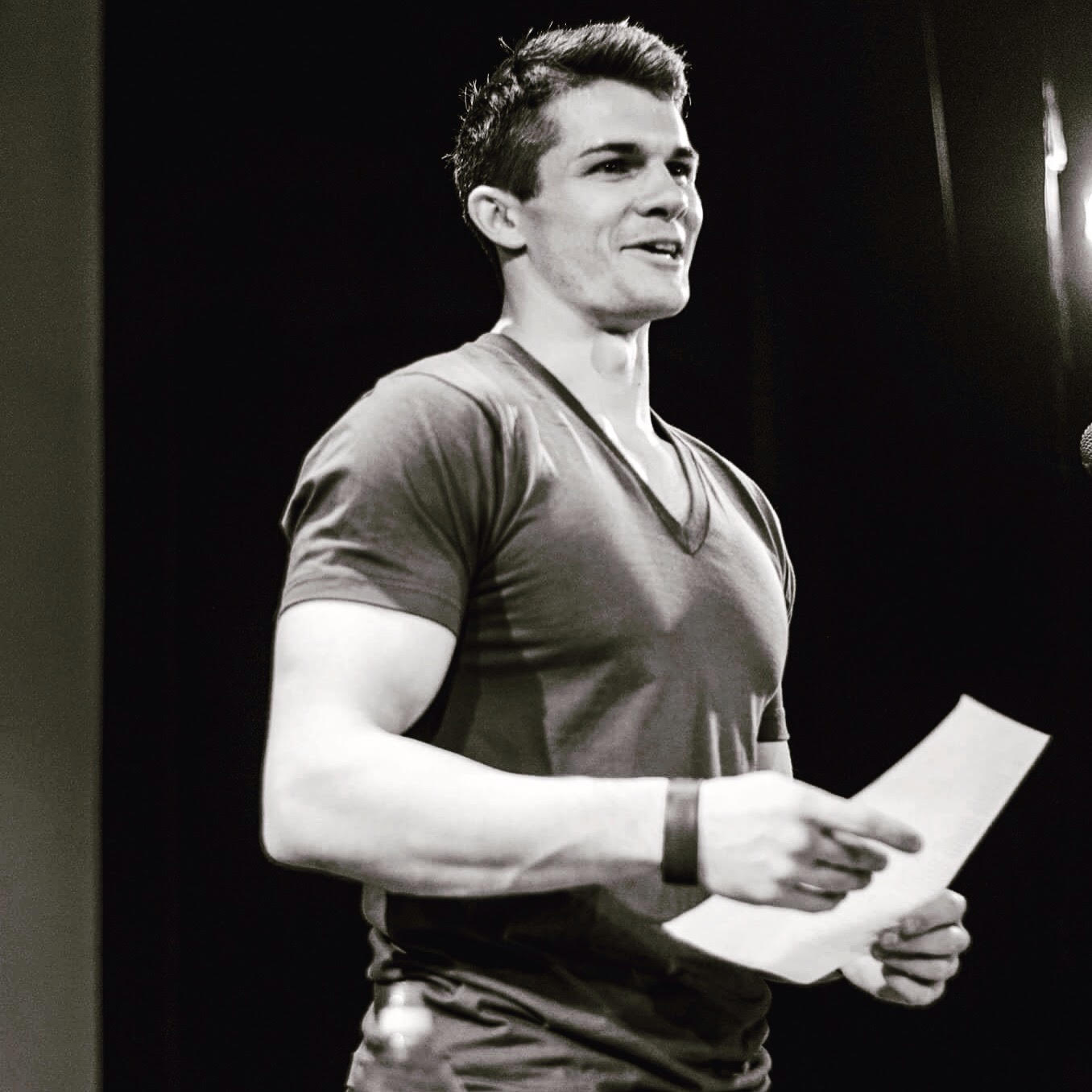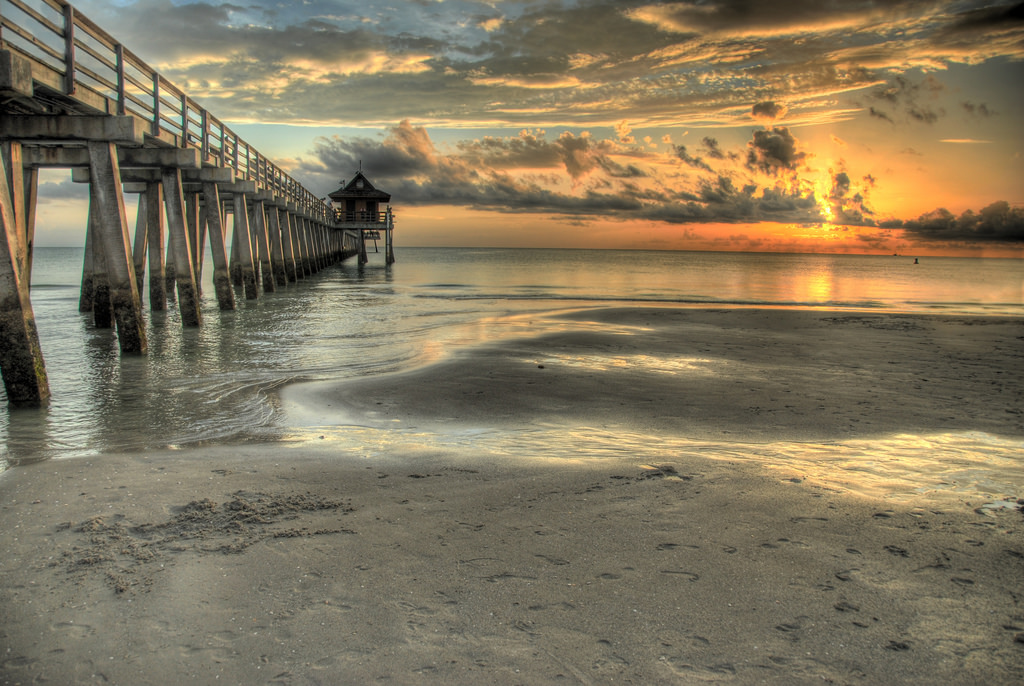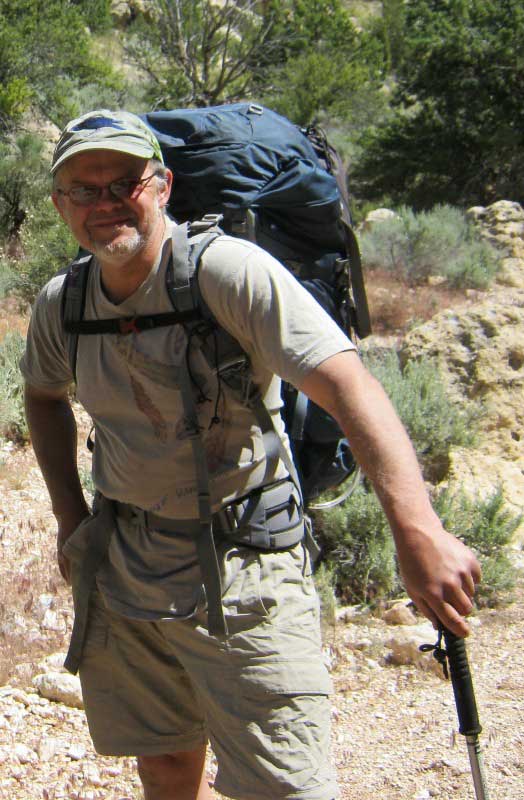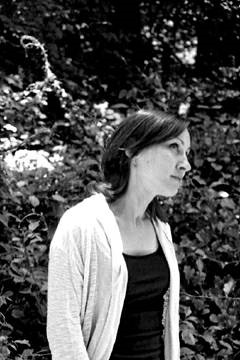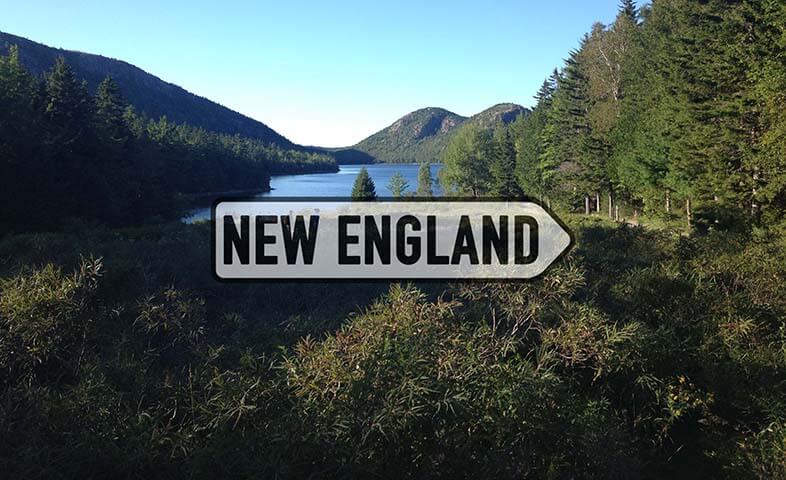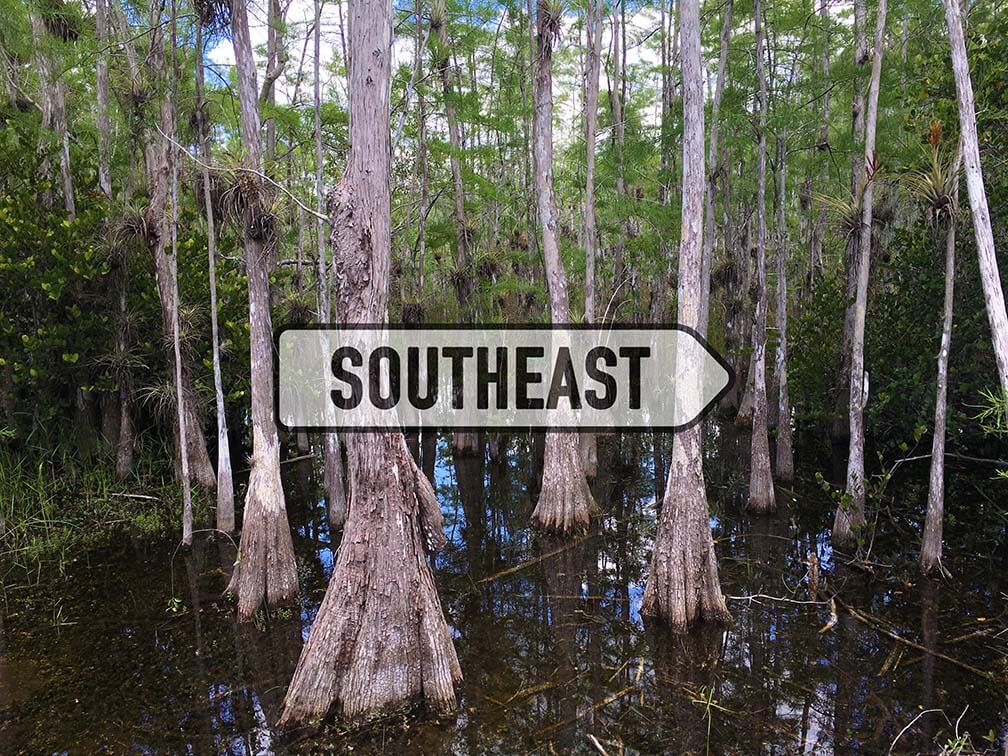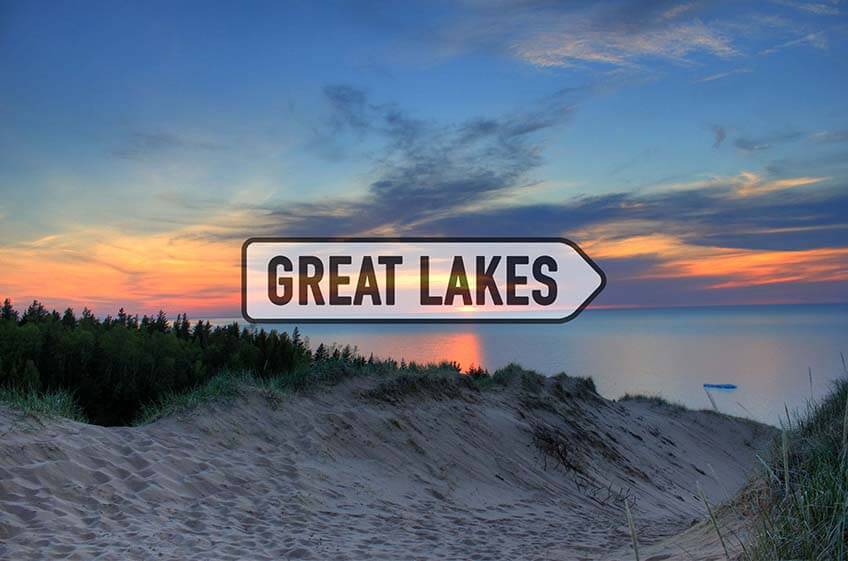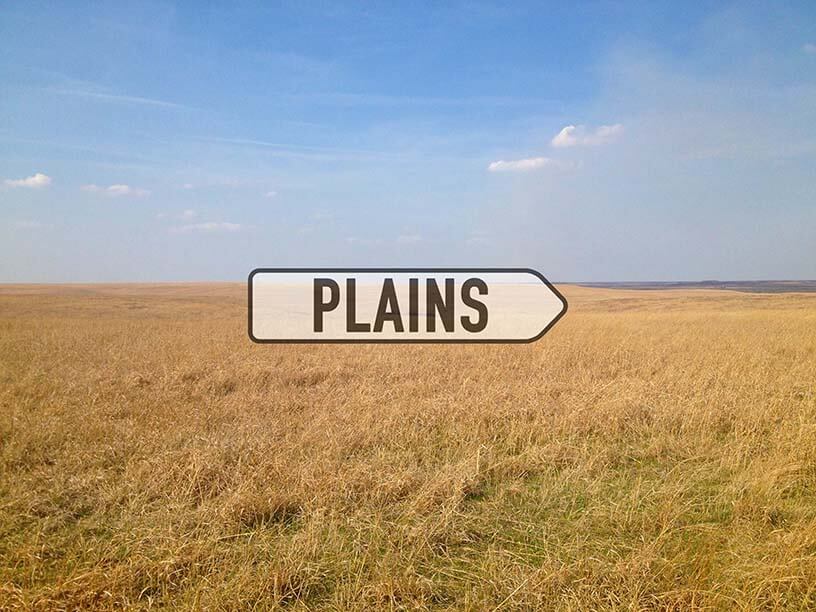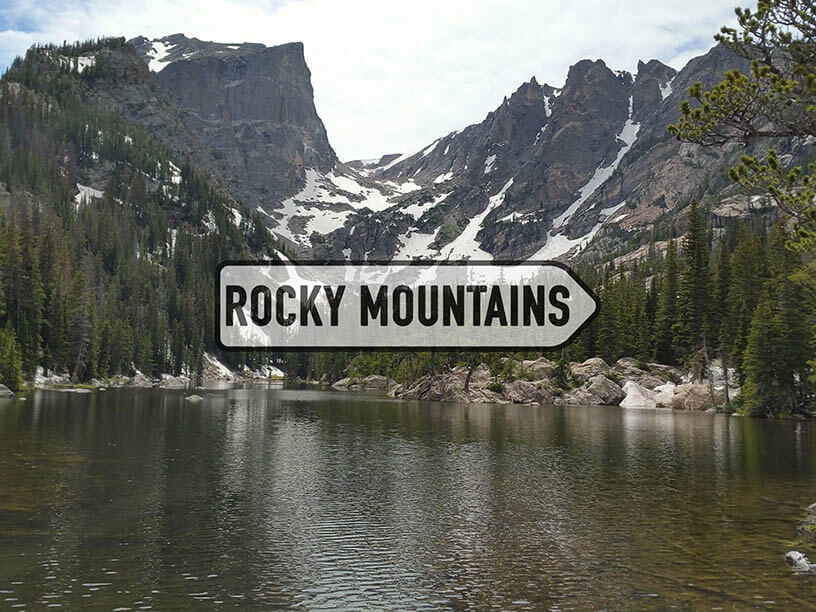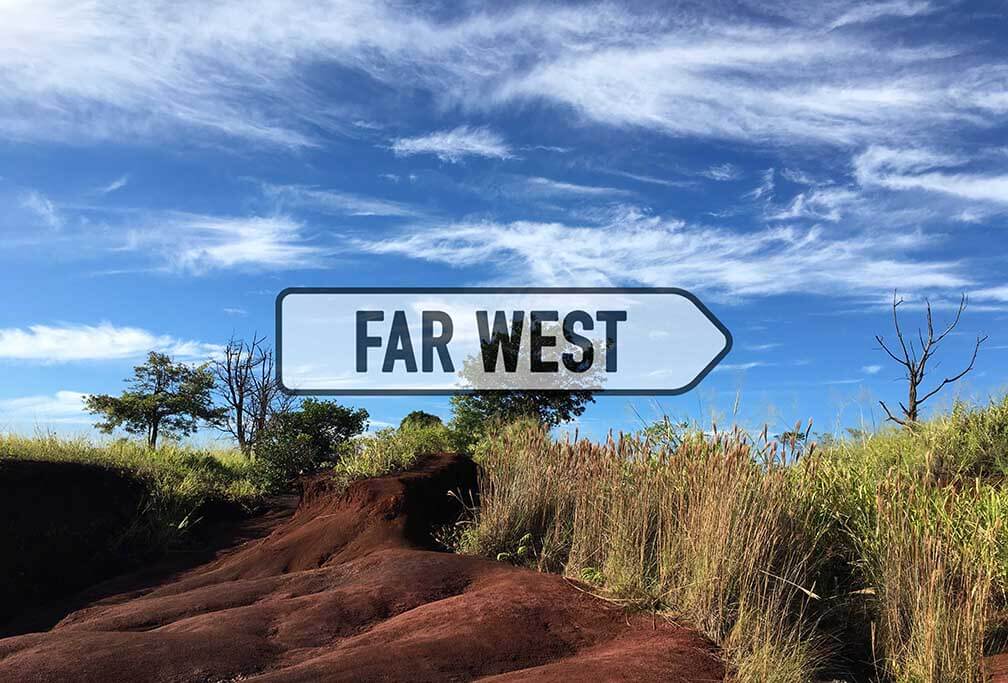At Yosemite with Max, Age 6
By Iris Jamahl Dunkle
“Yohhe'meti (Southern Miwok) or Yos.s.e'meti (Central Miwok) originally referred to the Indian tribe that lived in Yosemite Valley. Yosemite means literally “those who kill.”
We watch the golden net of leaves fall then rise from the tree – suspended against the steep shadows of granite cliffs like golden notes. When he stops I see his eyes gather awe. He will not walk on, is fixed and hungry to watch leaves circle in crisp valley air.
Yesterday, at the Visitors Center we listened to a recorded child’s voice speak a history for the Miwok from a diorama filled with plastic ghosts, then, we sat, in a small redwood kotcha, his body close, his questions circling mine, circling the stories we had heard. In this sweet darkness there was the scent of earth between history and what’s been forgotten.
The valley is a granite bowl where the past still burns a cold silver thread through impossible stone, under a one-eyed moon. Those born here fought to the death to stay.
This is what we do not say. Golden words like leaves netted in air. Lost, but continually returning.
Iris Jamahl Dunkle is the current Poet Laureate of Sonoma County, CA. Her latest book is There's a Ghost in this Machine of Air (2015). Her debut collection, Gold Passage, was selected by Ross Gay to win the 2012 Trio Award. Her latest collection, Interrupted Geographies, will be published by Trio House Press later this year. Dunkle teaches at Napa Valley College and is on the staff of the Napa Valley Writers' Conference.
Featured image courtesy of Max Pixel freegreatpicture.com
Discover more of our poetry series by selecting Parks & Points & Poetry






